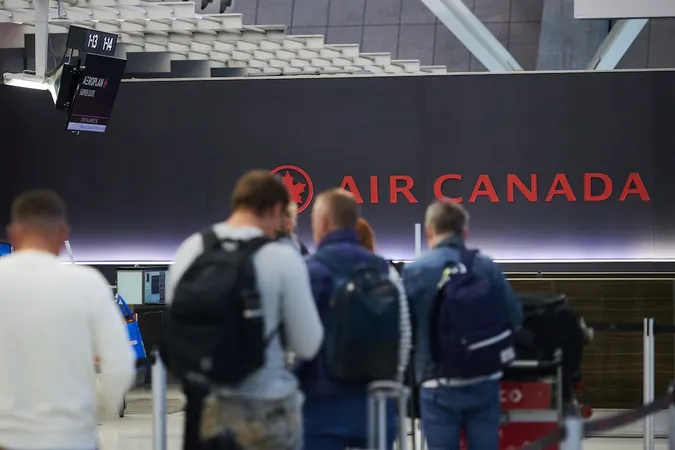
MPs Target Air Canada CEO Over Controversial Carry-On Bag Fees
2024-12-13
Author: Emily
Introduction
In a heated session on Friday, Michael Rousseau, the CEO of Air Canada, faced intense questioning from Members of Parliament regarding the airline’s recent decision to impose new fees for carry-on and checked baggage. The parliamentary committee convened to scrutinize these policy changes, which come into effect in January.
Policy Changes
Starting next year, passengers purchasing Air Canada’s basic fare will no longer be allowed to carry on luggage for free and will instead be required to pay $35 for checking a single bag. This policy shift not only restricts carry-on luggage to just one personal item—like a laptop—but also introduces additional fees for changing seats, stirring discontent among travelers and lawmakers alike.
Parliamentary Hearings
During the proceedings, Rousseau appeared via video link alongside Mark Galardo, the airline’s vice-president of revenue and network planning. Their testimonies were met with backlash from MPs, who expressed frustration with the new fee structure, particularly because Air Canada received significant taxpayer-funded bailouts during the pandemic.
Criticism from MPs
Liberal MP Vance Badawey pointedly criticized Rousseau's $12-million yearly compensation while imposing extra fees on the very customers who supported the airline during its financial distress. Another MP from Quebec, Angelo Iacono, slammed airline executives, reminding them that it was the Canadian public who “bailed you out when you needed financial help.”
Questions Raised
MPs pressed Rousseau for assurances that the introduction of baggage fees would not lead to higher overall fare prices, posing pointed questions about the necessity of prohibiting carry-on luggage if it incurs no extra staff costs. Rousseau defended the airline's approach, claiming that “the market” dictates fare pricing. He argued that unbundling fees for bags, meals, and other services gives passengers the freedom to customize their travel experiences while keeping base fares lower.
Competitors' Perspectives
The hearing included testimony from executives from competing airlines, such as WestJet and Porter Airlines, who echoed similar sentiments about high operating costs due in large part to government-imposed fees. WestJet CEO Alexis von Hoensbroech highlighted that mandatory expenses amount to roughly $100 per ticket, calling for a review of Canada's user-pay model for airports.
Global Trends
As the debate escalates, many air travelers globally are contending with a myriad of extra charges for services that were once deemed standard. It has become a trend for airlines to unbundle these costs as a means of maintaining lower base ticket prices, yet critics are quick to label this practice as “junk” fees.
Regulatory Response
In response to rising public concern, Canadian regulators, including the Competition Bureau and the Canadian Transportation Agency, are taking notice of this opaque pricing strategy, known as drip pricing, where the final cost accumulates stealthily through these hidden charges. The government’s latest budget has pledged to combat the affordability crisis, vowing to clamp down on such fees across various industries, including airlines.
International Developments
Moreover, the recent shift in airline pricing practices has raised eyebrows internationally, as countries like the U.S. have taken legislative steps to protect consumers from mandatory clickthroughs that obscure extra fees.
Conclusion
As Air Canada and its competitors adapt to a new landscape of customer preferences and regulatory scrutiny, travelers are left grappling with the question: are these extra charges worth the supposed customization and cost savings? The airline industry’s future hinges not only on its ability to balance profits with customer satisfaction but also on its willingness to navigate the evolving regulatory environment.

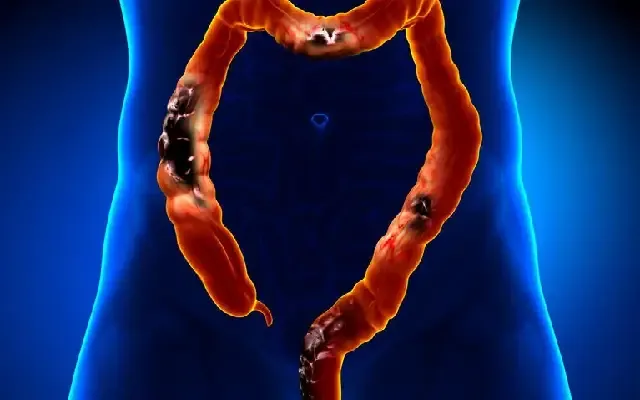



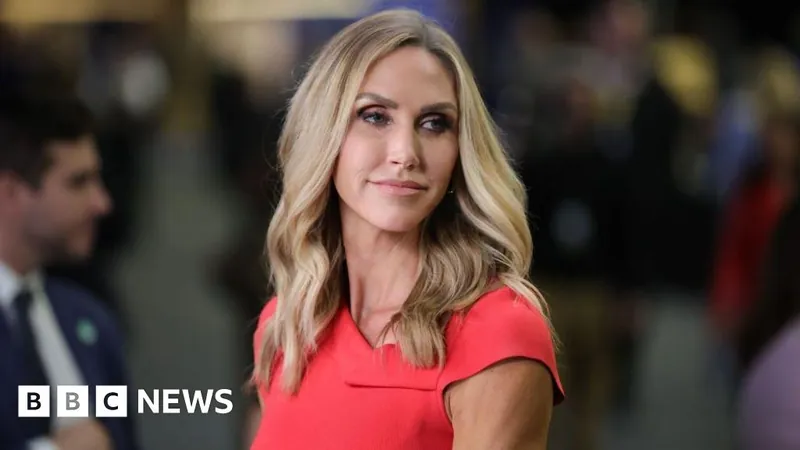
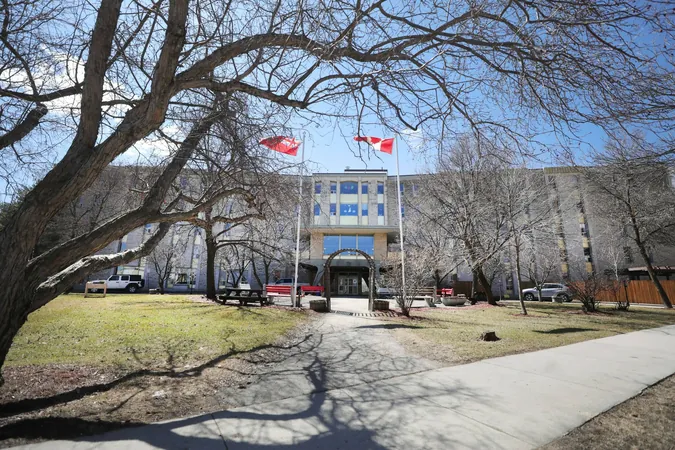
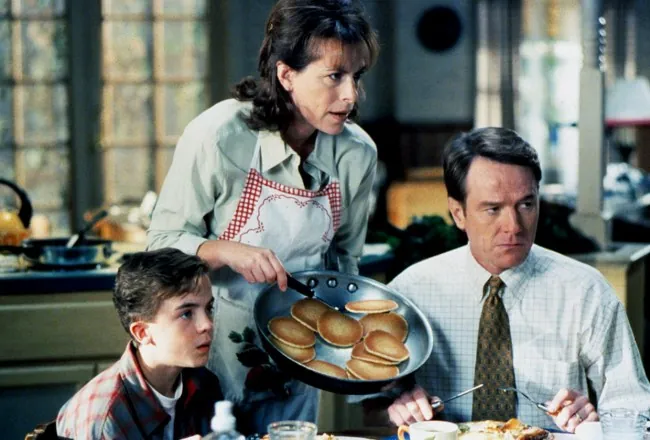
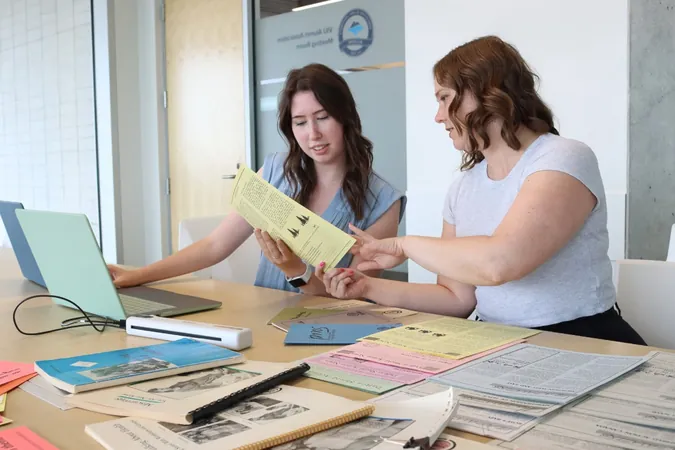
 Brasil (PT)
Brasil (PT)
 Canada (EN)
Canada (EN)
 Chile (ES)
Chile (ES)
 España (ES)
España (ES)
 France (FR)
France (FR)
 Hong Kong (EN)
Hong Kong (EN)
 Italia (IT)
Italia (IT)
 日本 (JA)
日本 (JA)
 Magyarország (HU)
Magyarország (HU)
 Norge (NO)
Norge (NO)
 Polska (PL)
Polska (PL)
 Schweiz (DE)
Schweiz (DE)
 Singapore (EN)
Singapore (EN)
 Sverige (SV)
Sverige (SV)
 Suomi (FI)
Suomi (FI)
 Türkiye (TR)
Türkiye (TR)